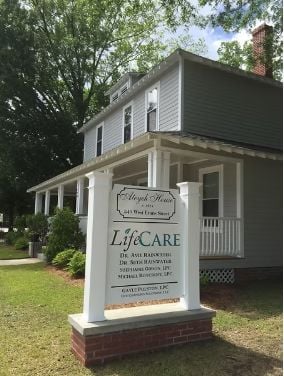
Turmeric Spice Drug Shows 7 Brain Benefits
Salk Institute’s J147 is a derivative of turmeric, a spice used in curry. Learn how it fights memory deficits and has a host of unexpected anti-aging effects in the lab.

Salk Institute’s J147 is a derivative of turmeric, a spice used in curry. Learn how it fights memory deficits and has a host of unexpected anti-aging effects in the lab.
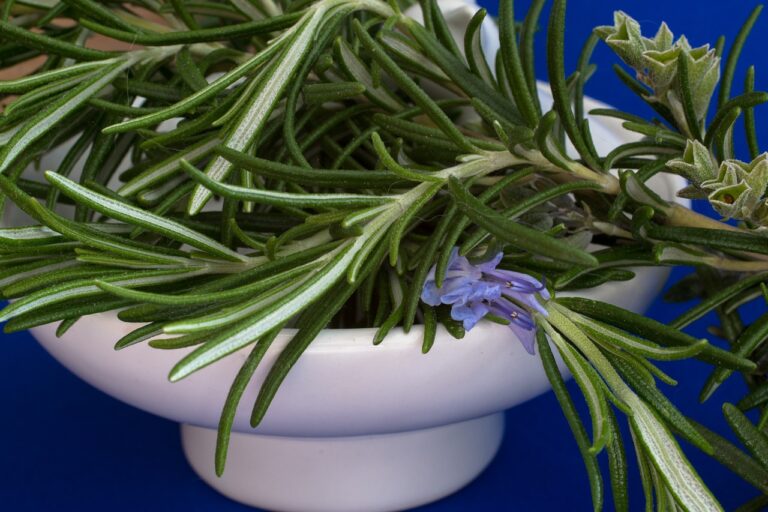
Rosemary naturally works like Aricept® (generic: donepezil), treating Alzheimer’s by blocking AChE. Learn about rosemary’s dementia-fighting benefits from Dr. J. Duke.

Rosemary & sage extracts inspire a potential anti-inflammatory drug for Alzheimer’s. Scripps Research created a stable form of carnosic acid, improving memory in the lab.
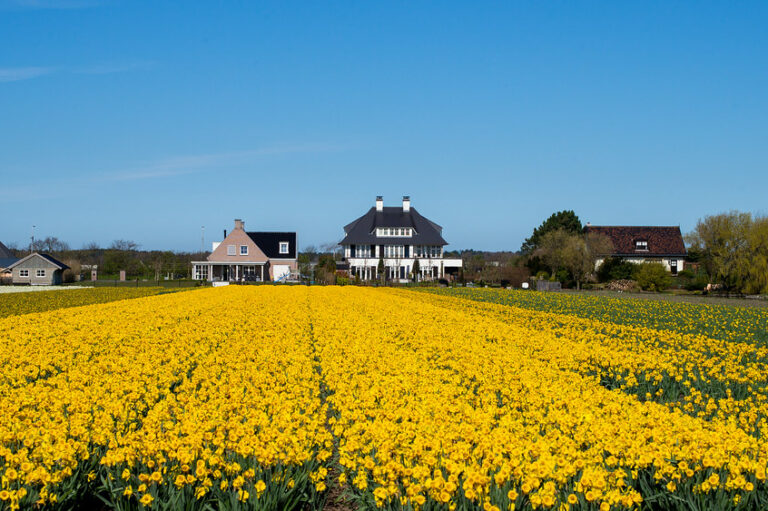
Nature provides some of the best therapies for Alzheimer’s. Daffodils specifically from Wales are a big source of Galanthamine for Alzheimer’s. Rosemary competes head-on with the Alzheimer’s drug donepezil. Learn more about these natural sources.
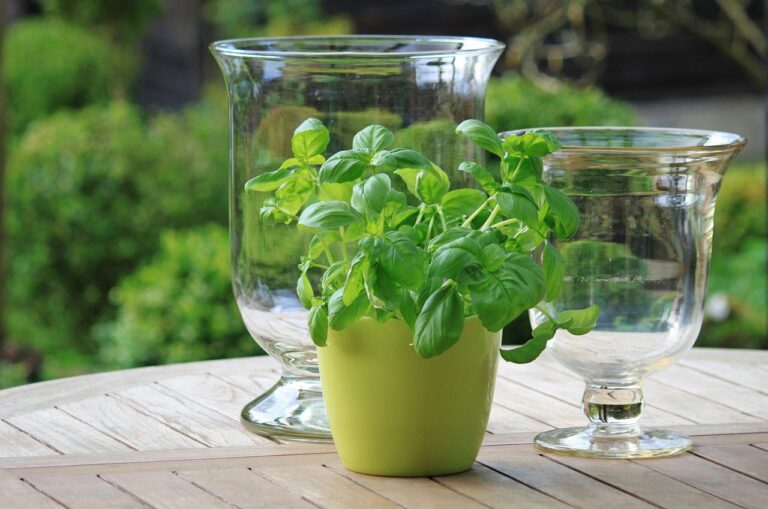
A preclinical study finds that a natural component in basil reduces neurotoxicity in the Alzheimer’s brain. Learn more.
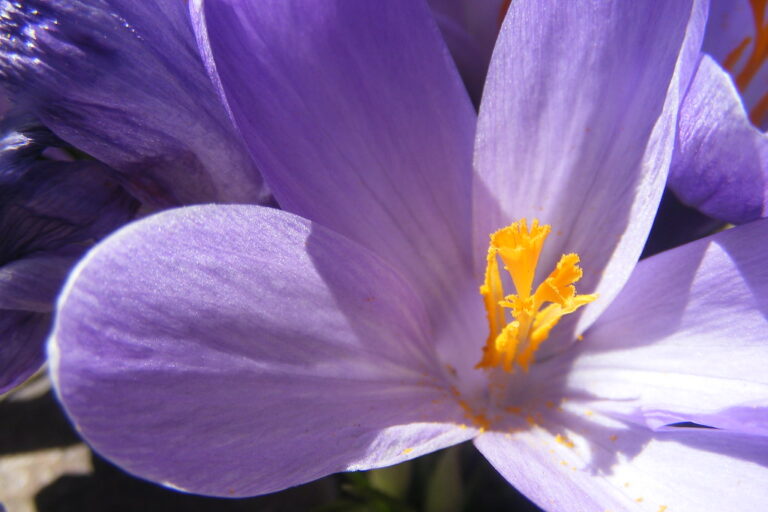
DIET VIDEO: See the results of a full-blown double-blind randomized trial where saffron was added to a dementia diet.

CLR01, a “molecular tweezer”, keeps brain proteins from the clumping, or aggregating, that causes Alzheimer’s, Parkinson’s and Huntington’s dementia. Find out why CLR01 has strong potential as a new treatment.
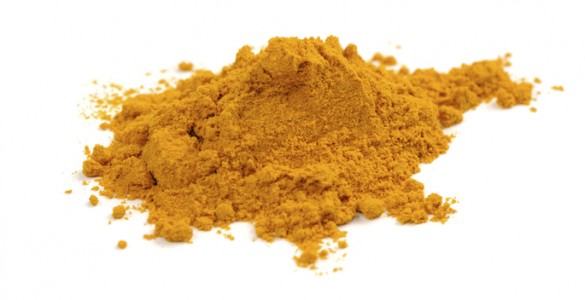
CURCUMIN (FROM TURMERIC) destroys Alzheimer’s plaque. Japanese researchers are developing an atomizer that generates a curcumin aerosol to get it past the blood-brain barrier barrier. Find out more.

The spice turmeric contains curcumin. In a UCLA study, curcumin significantly improved memory and mildly improved mood in people with memory problems.

This beautiful song captures a son’s dedication to his father with Alzheimer’s. Starting from his window in a care facility, the gorgeous imagery unfolds into a most moving music video.

Australian researchers show nanoparticles that contain curcumin, from turmeric, not only prevent cognitive deterioration, but also reverse the damage. Find out more about this exciting development.

Getting in and out of a car’s passenger seat may not be simple, once dementia sets in. Learn the skills needed.

SHORT-TERM MEMORY lapses are obvious signs of Alzheimer’s, but other tell-tale signals begin to show much earlier. Learn how to look for semantic impairments, such as simple questions about size.

Three important dementia studies focus on HS-AGING, a type of dementia almost as common as Alzheimer’s in the 85+ group. Yet few people have heard of it. Why? What makes it different?

An intriguing study of 120 grandmothers might surprise you. Doctors know socially engaged people have better cognition and less dementia. But can a person get too much of a good thing? What’s the right balance?

Enjoy this great duet between a musician with dementia and his son. A triumph of spirit over Alzheimer’s! Sing-a-long if you like!
No spam, only news and updates.


